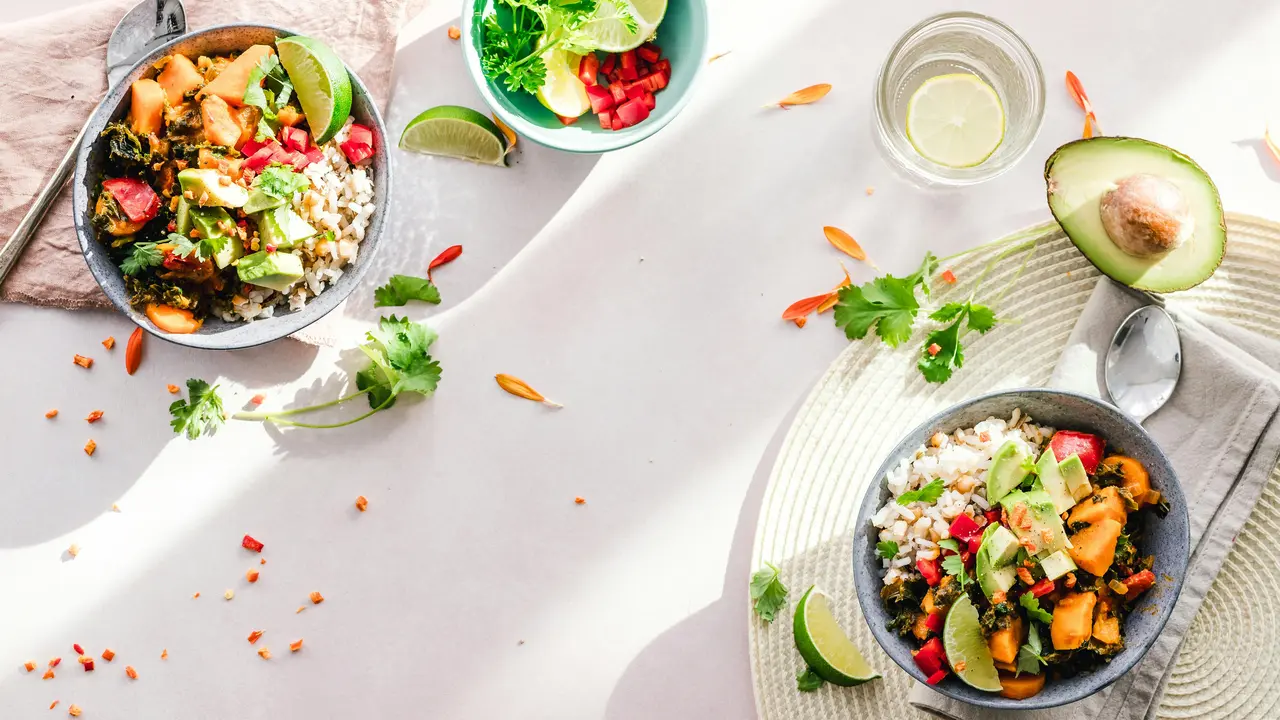When it comes to fitness and weight loss, one question often arises: does fat burn before muscle? This intriguing inquiry taps into the fundamental mechanics of how our bodies utilize energy during physical activity. In this article, we will unravel the complexities surrounding fat and muscle metabolism, offering insights that could reshape your workout strategies. Prepare to understand the intricate balance between burning fat and building muscle!
Understanding Muscle and Fat Metabolism
The Basics of Energy Usage
To comprehend whether fat burns before muscle, we first need to explore how our bodies generate energy. The body predominantly relies on two types of fuel sources:
- Carbohydrates: Primarily used during high-intensity workouts.
- Fats: Utilized during lower-intensity activities and at rest.
This energy usage shows that the body prefers to burn carbohydrates during intense exercises, while fat becomes the main fuel source at lower intensity levels. However, the process of burning fat or muscle is not as straightforward as it seems.
Muscle Preservation in a Caloric Deficit
When you’re trying to lose weight, it’s vital to maintain muscle mass. The question “does fat burn before muscle?” becomes essential here. During a caloric deficit, your body aims to preserve muscle while utilizing fat stores for energy. This preservation happens through various hormonal balances, which prioritize muscle over fat when adequately nourished with protein and engaged in resistance training.
Factors Influencing Fat and Muscle Burning
The Role of Exercise Intensity
One major factor influencing whether fat burns before muscle is the intensity of your workouts. Here’s how it works:
- High-Intensity Training: Focuses more on carbohydrates as an energy source.
- Low-Intensity Training: Promotes fat utilization, making it more feasible for fat to burn before muscle.
Understanding this can help you tailor your workout sessions based on your goals, whether you aim for fat loss or muscle retention.
Nutrition and Timing
Your diet plays an instrumental role in deciphering the fat versus muscle burning issue. Proper nutrition can enhance fat burning while protecting muscle mass. Here are a few tips:
- Protein Intake: Consuming a sufficient amount of protein aids in muscle preservation.
- Carbohydrate Management: Balancing carb intake ensures your body utilizes fat properly.
Meal timing also affects energy usage. Eating carbs before workouts may lead to increased fat burning during exercises.
Misconceptions About Fat and Muscle Burning
Myth: You Can Only Burn Fat or Muscle, Not Both
A common misconception is that you can either burn fat or muscle at any given time. The truth is that both processes can occur simultaneously, although one may dominate depending on various factors such as diet, exercise, and hormonal levels. This dual burning mechanism proves that by focusing on fat loss, muscle preservation is achievable.
Myth: Cardio is the Only Way to Burn Fat
While cardiovascular exercises are effective for fat burning, resistance training is equally crucial. Strength training can elevate your resting metabolic rate, encouraging greater fat oxidation even after your workout session. Therefore, a well-rounded workout routine that includes both cardio and weightlifting can provide optimal results.
Practical Strategies to Burn Fat While Preserving Muscle
Incorporate Resistance Training
Building muscle is essential not just for aesthetics but also for boosting metabolism. Here are some advantages:
- Increased resting metabolic rate.
- Better body composition.
- Enhanced overall strength.
Engaging in resistance training at least 2-3 times a week can create an effective balance between burning fat and gaining muscle.
Prioritize Recovery and Sleep
Effective recovery is often overlooked in the quest for fat loss and muscle preservation. Prioritizing sleep enhances hormonal regulation, which is pivotal in muscle preservation and fat metabolism. Aim for 7-9 hours of quality sleep each night to optimize recovery and performance.
Conclusion
In summary, the question “does fat burn before muscle?” reveals a complex interaction between energy sources, exercise intensity, and nutrition strategies. While the body burns both fat and muscle, understanding how to optimize your workouts and diet can help you achieve your fitness goals. Maintain a balanced approach, prioritize resistance training, and ensure adequate protein intake. For more insights on fitness and nutrition, feel free to explore our other articles and share this one with friends looking to enhance their fitness journey!
Fat – Recent Articles
- Discover What Cut of Steak Has the Most Fat: Find Out Now!
- Do Birds Get Fat Before They Lay Eggs? Find Out Now!
- Who Is the Fat President? Uncover the Surprising Truth!
- Mastering Arabic: How to Say Fat in Arabic Like a Local!
- How Can I Lose Chest Fat Fast? 5 Secrets You Need to Know!
Fat – Useful Links
- Harvard T.H. Chan – Types of Fat
- Harvard Health – The truth about fats: the good, the bad, and the in-between
- MedlinePlus – Dietary Fats
- NHLBI / NIH – Healthier Fats and Oils Fact Sheet
- HelpGuide – Choosing Healthy Fats
